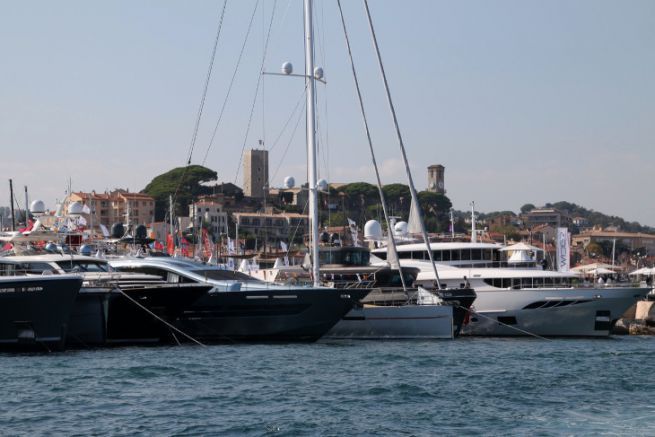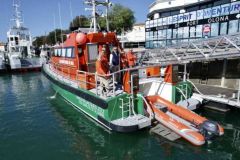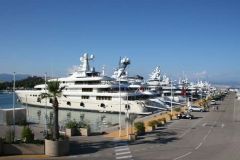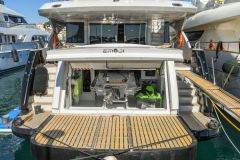Yacht taxation, the topic of the year 2017
While fuel taxation and social security contributions for sailors residing in France occupied the news of the 2017 nautical season, superyachts are back in the spotlight on the occasion of the 2018 budget vote. An amendment carried by the majority provides for the introduction of a tax on yachts over 30 m and luxury cars, coming to compensate for the abolition of the Solidarity Tax on Fortune. In an interview with Ouest-France published on October 8, 2017, Richard Ferrand, president of the La République En Marche group in the National Assembly, defined the contours. Will have to pay "French residents who own boats over 30 meters, or who use them via commercial companies, even those flying a foreign flag or based outside France. The tax will range from 30,000 euros to 200,000 euros per year, depending on the length and power of the yacht."
While yachting professionals in the Mediterranean have just won their case on the issue of seafarers' contributions, many of them are unhappy about the arrival of this new tax. However, it will not affect foreign shipowners who represent the majority of yachts sailing on the Côte d'Azur.
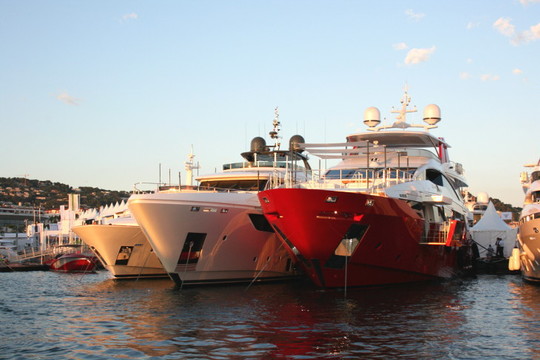
10 M euros for the SNSM
In his interview, Richard Ferrand estimates the annual funds obtained from the tax on yachts at 10 M euros. He proposes to transfer them entirely to the SNSM to ensure safety at sea. The announcement obviously pleased Xavier de La Gorce, president of the National Society of Sea Rescuers, as he told Ouest France. "This is good news. The SNSM's concerns about the sustainability of its economic model have finally been taken into account. The State has become aware of its responsibilities, consisting of creating the conditions for an efficient national rescue." It can be recalled that the annual budget of the association is 28 Meuros, of which only 20% are supported by public funds, local and national. The State currently pays only 8% of the total.
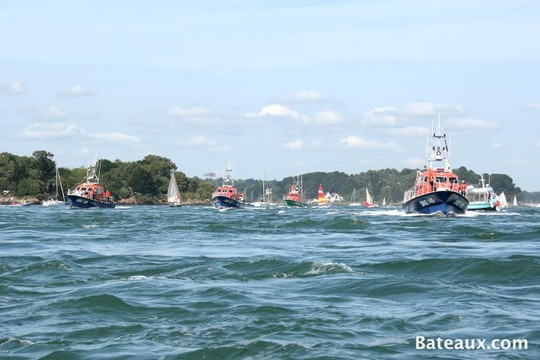
Sustainable financing?
As professionals and users of the sea, we are as concerned about the industrial players as we are about the safety of yachtsmen and sailors. As the tax only affects vessels owned by French taxpayers, i.e. a very small minority of the yachts over 30 meters that frequent French ports and shipyards, it should have little impact on the national yachting industry. On the other hand, since this levy is based on a limited fleet, the overall budget envisaged by Mr. Ferrand may vary suddenly and rapidly as the fleet leaves. If Mr. De La Gorce is pleased with the permanent financing, after having had to negotiate each year for additional subsidies from the State, one has the right to wonder what would happen if the number of yacht owners dropped. Does the tax come in addition to the current financing? What visibility can the SNSM have if it only depends on the tax? Is the direct allocation of a tax to a beneficiary a solution, or should the SNSM remain a subject of national solidarity for all, without opposing large yachts and small boaters?
While waiting for the confirmation of the effective passage of the law, here are some subjects of reflection that we throw you...

